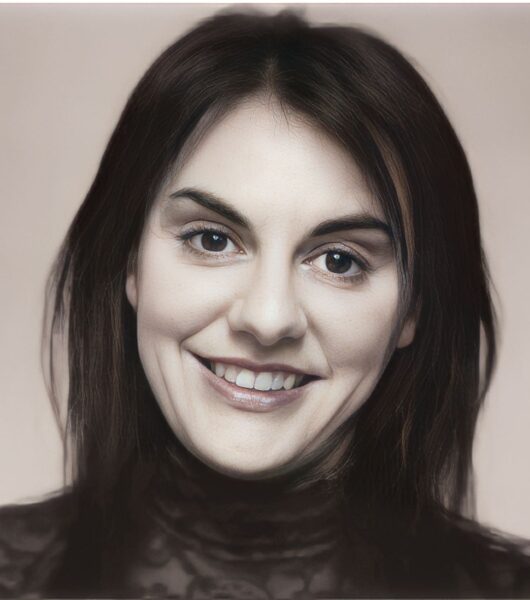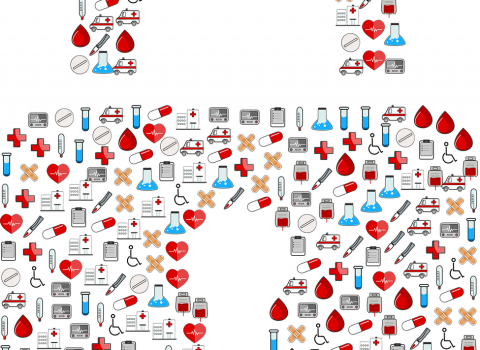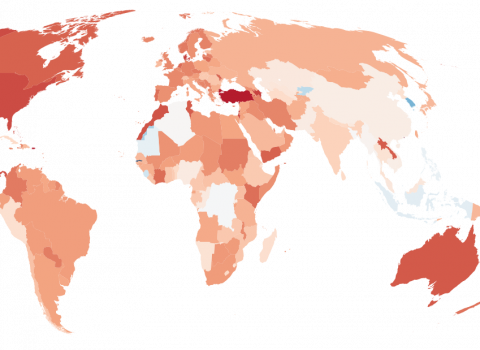Supporting people experiencing higher levels of distress
A proof-of-concept evaluation measuring the engagement and effectiveness of Atena, a psychoeducational chatbot supporting healthy coping with stress and anxiety, among a population of university students
The study “Engagement and Effectiveness of a Healthy-Coping Intervention via Chatbot for University Students During the COVID-19 Pandemic: Mixed Methods Proof-of-Concept Study” shows the benefit of deploying a digital healthy-coping intervention via a chatbot to support university students experiencing higher levels of distress.
“This paper presents results from a proof-of-concept evaluation of a chatbot based digital intervention delivered during the COVID-19 pandemic to support university students’ psycho-education on healthy coping with stress and anxiety.
The study confirmed previous research in showing that healthy coping digital interventions are more effective for students with higher levels of stress, anxiety and depression.
In particular, students with more severe levels of anxiety at baseline showed higher engagements with the intervention and lower attrition rates.
This finding is particularly encouraging for the future deployment of digital mental health interventions for anxiety prevention and stress management to cope with pandemics and other public health challenges.
Results also showed a significant improvement in the capacity of participants to describe and accept their emotions, which can be an effect of the mindfulness practice and self-reflection elicited by the conversations with the chatbot.
Training in these kinds of skills may be particularly needed by the university student population and could have positive effects on students’ mental well-being.”
(SILVIA GABRIELLI – Digital Health Lab, Fondazione Bruno Kessler)
Silvia Gabrielli co-authored the paper with Silvia Rizzi, Giulia Bassi, Sara Carbone, Rosa Maimone, Michele Marchesoni and Stefano Forti (FBK Health & Wellbeing Research Center Director).
While findings collected during the COVID-19 pandemic show promise, further research is required to confirm conclusions.
The study is an open-access article distributed under the terms of the Creative Commons Attribution License, which permits unrestricted use, distribution, and reproduction in any medium, provided the original work, first published in JMIR mHealth and uHealth, is properly cited. The complete bibliographic information, a link to the original publication on mhealth.jmir.org/, as well as this copyright and license information must be included.
Photo by Tim Gouw on Unsplash




